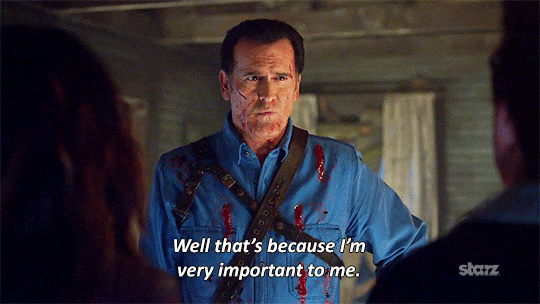
What do you think of when you think of a narcissist? Someone with a big ego? Someone totally in love with themselves? Someone who's really controlling? Well, there's a little more to it.
Because while narcissism is one of those words you'll hear often enough (hey, MAFS), the traits and inherent behaviours that make up a narcissistic personality are actually pretty complex - it's a lot deeper and more layered than simple vanity.
Watch: How to know if you're dating a narcissist. Post continues below.
What's more, narcissism may not be as easy to spot as you might think.
To find out more, we spoke to psychologist Lissy Abrahams and asked her everything we need to know about narcissistic behaviours - including the different characteristics and how to spot them.
What is narcissism?
First of all, what exactly is narcissism? While we often hear the term floating around, is it more than just being incredibly self-centred? Is it really something that is essentially bad?
Abrahams explains it like this: "Narcissism is a personality trait, where people are extremely self-focused, have an inflated sense of self, and have a huge need for praise and recognition. They lack awareness of how their behaviour and self-absorption impact others."


